Vancouver planners are looking at the pandemic as a possible reset button for the housing crisis.
City of Vancouver general manager of design, planning and sustainability Gil Kelley said even before the COVID-19 pandemic the city’s housing market was undergoing changes.
“We observed the housing market was changing even pre-COVID with a recessionary trend and that’s just been amplified by the crisis. The housing market is taking a pause and that pause will be longer and deeper because of COVID-19,” Kelley said.
A presentation delivered to Vancouver City Council on April 29 stressed both an immediate response to help those most in need and a longer-term outlook on equitable and resilient housing.
“In this moment, where there’s a pause and stabilization of land prices, there’s a real opportunity to push on the supply of rental and affordable housing,” Kelley said.
The other big change in the last year is an increase in support from the province through BC Housing and the Canada Mortgage and Housing Corporation for affordable housing, he added.
“It’s something we need to grab a hold of right now. A lot of private developers are making use of that,” Kelley said.
Vancouver’s most vulnerable citizens in the impoverished Downtown Eastside neighbourhood are a top concern, Kelley said, and future projects will have to accommodate post-pandemic designs.
“Many projects will have to build in social space that will accommodate distancing and routines that accommodate that,” he said.
More immediately the planning department is discussing reorienting side streets for social use with city council and Vancouver’s engineering department.
“Do we need all that vehicular space as opposed to social space? It might be a temporary condition, but we’ll see how it works,” Kelley said.
City of Vancouver assistant director of planning Dan Garrison said while some of the issues highlighted by the presentation are things previously recognized as problems that need to be dealt with, the onset of COVID-19 “has put a public health imperative on things.”
“Some of things that need to be done are not necessarily different from what we wanted to do anyway,” Garrison said.
Both emergency workers and the homeless are currently being sheltered in empty hotels, Garrison added, but stressed the need to look for longer term accommodation for society’s most vulnerable.
Modular housing may provide both a short-term and more permanent solution, he said.
“Modular is just a construction technique, but the advantage is speed,” Garrison said. “Most modular housing in Vancouver has been very well received. I don’t know if we’ve received any complaints.”
Given both the decline in Vancouver’s housing market pre-pandemic and the current and ongoing global economic decline, Garrison said government stimulus funding will be a necessity to recalibrate Vancouver’s housing market.
“With a delay in the condo sales market coming in Vancouver, this is a really good time for financing from senior levels of government to support both the rental and non-profit housing we need,” he said.
“The recession will be longer and deeper than most people think right now. It’ll be a long crawl out over the next three to five years,” Kelley added.
Stimulus money will help increase supply, but private investment will also play a role, he added.
“I don’t see the market drying up. There will continue to be investment and that’s the silver lining here,” he said.
“We can’t rely on government money forever. Investment from other sources is important. If you look at metro Vancouver’s economy, construction is a very important component generally,” Garrison added.
“If you can invest in construction, we get out of it housing both for-profit and non-profit that gets the economic engine going and helps fuel the recovery.”




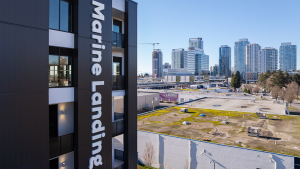


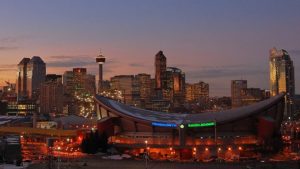
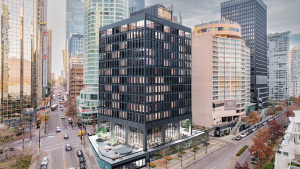
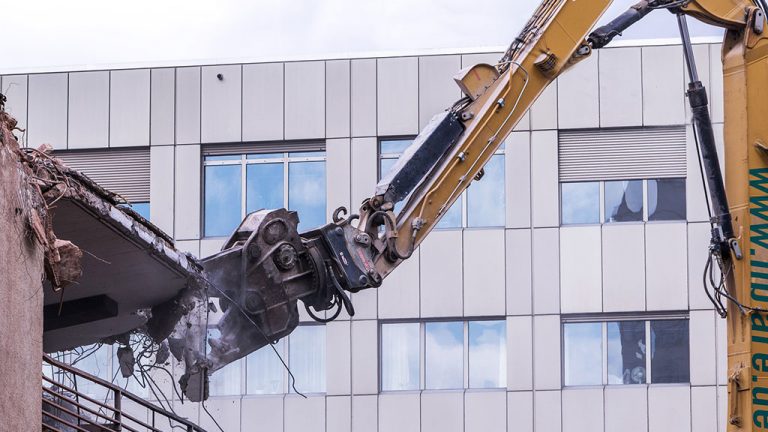
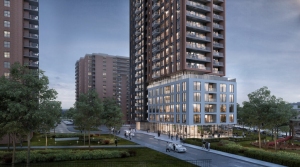
Recent Comments
comments for this post are closed